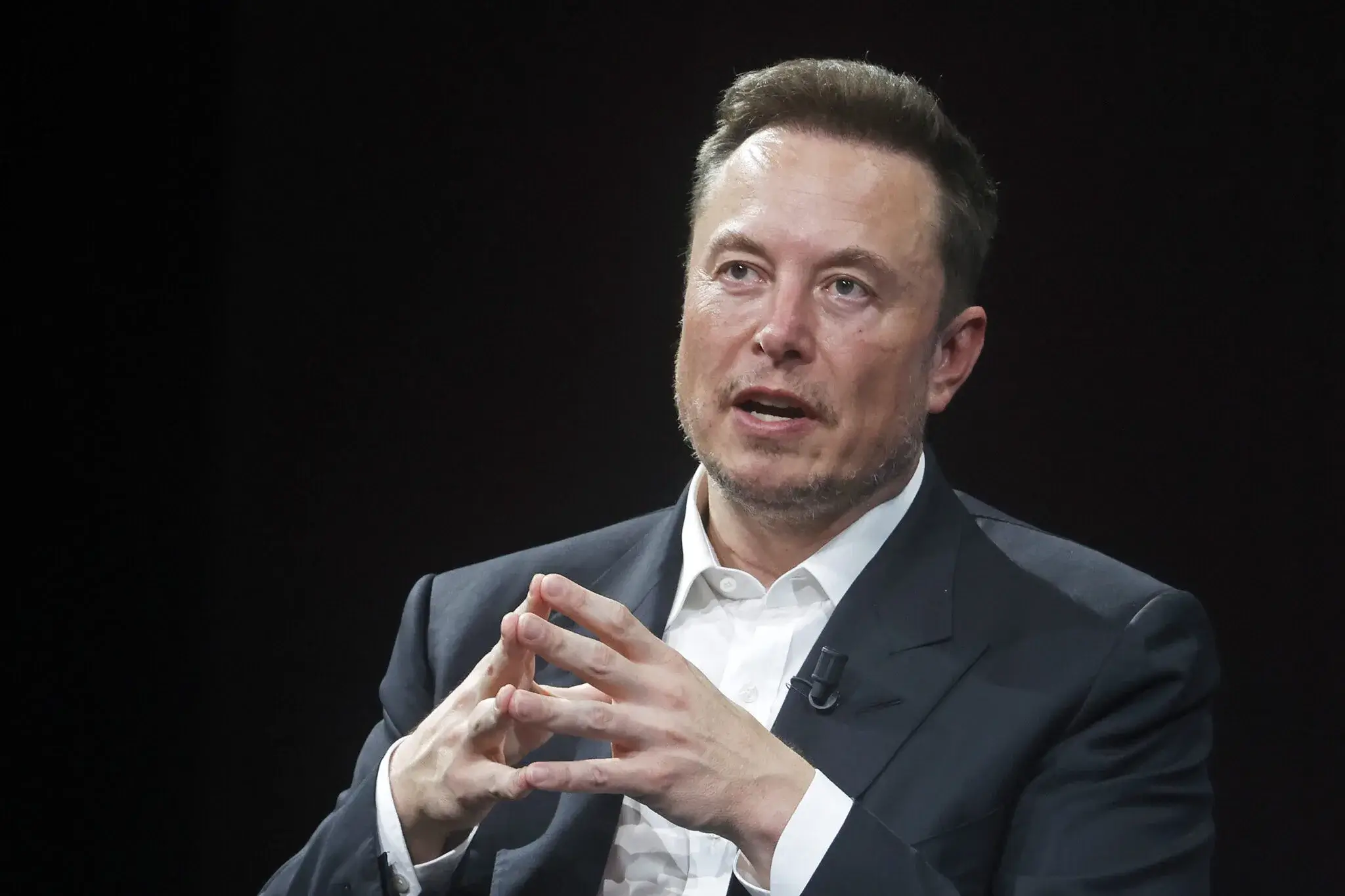Elon Musk Debunks Reuters’ Fake News on Halting the Model 2 Program
The automotive and tech world was recently stirred by a report from Reuters claiming that Tesla had canceled the development of its mass-market vehicle, the Model 2, priced at $25,000. Citing anonymous sources, the report quickly grabbed the attention of the public and investors, sparking speculations and uncertainties about Tesla’s future and its ambitions to make electric mobility accessible to a broader audience.
However, Tesla CEO Elon Musk was swift in his response, denouncing the Reuters report as false. His prompt rebuttal on social media unequivocally refuted the article’s accuracy and criticized the media outlet’s credibility, which he depicted as waning. This clash highlights the communication challenges faced by major tech companies and the media’s role in disseminating accurate information.
Unpacking the Controversy
According to Reuters, Tesla had supposedly decided to abandon the development of its affordable vehicle, codenamed NV91 and H422, to instead focus on autonomous robotaxis using the same platform. This claim suggests a significant pivot in Tesla’s priorities away from its goal of democratizing electric vehicle access.
Elon Musk quickly countered with a series of tweets, accusing Reuters of spreading lies and underscoring Tesla’s commitment to the $25,000 vehicle platform. Reacting to speculations by Tesla follower Sawyer Merritt, who theorized that Tesla’s low-cost car and the robotaxi were always intended to be based on the same platform but with minor differences, such as the inclusion of a steering wheel in the $25,000 version, Musk used the side-eye emoji, seemingly affirming these assertions.
Between Robotaxis and Affordable Cars: A Shared Strategy?
The discussion about Tesla’s strategy reveals an important nuance in its product planning. The latest version of Tesla’s Full Self-Driving (FSD) software, 12.3.3, has shown significant improvements over its predecessors. This advancement could indicate that Tesla envisions a future where robotaxis and affordable cars coexist, sharing a common platform but differentiated by their configuration and features.
The robotaxi model, in particular, could greatly benefit from these technological advancements, offering a futuristic vision where mobility is not only electric but also autonomous. This shift towards more advanced autonomous driving technology does not necessarily mean the abandonment of projects aimed at producing more affordable vehicles. Instead, it could represent a diversified strategy to maximize Tesla’s impact on the automotive market and society at large.
Conclusion and Personal Opinion
Elon Musk’s refutation of Reuters’ claims highlights the tension between tech companies and the media, as well as the importance of direct communication with the public. As Tesla continues to innovate and push the boundaries of automotive technology, clarifying its goals and plans remains crucial to maintaining the trust and enthusiasm of its customers and investors.
This controversy also underscores the importance for consumers and industry observers to seek accurate information and be wary of unverified reports. Tesla’s future, with its commitment to democratizing electric cars and advancing autonomous driving technology, remains an exciting and crucial topic for the future of mobility.
In my view, the incident emphasizes the critical need for transparent and accurate reporting in an era where information can significantly influence public perception and market dynamics. It also reflects the growing pains of an industry at the forefront of technological innovation, where the roadmap is as dynamic as the technology itself. As we move towards a more electric and autonomous future, the dialogue between innovators like Musk and the public will undoubtedly continue to shape our understanding and expectations of tomorrow’s transportation.
